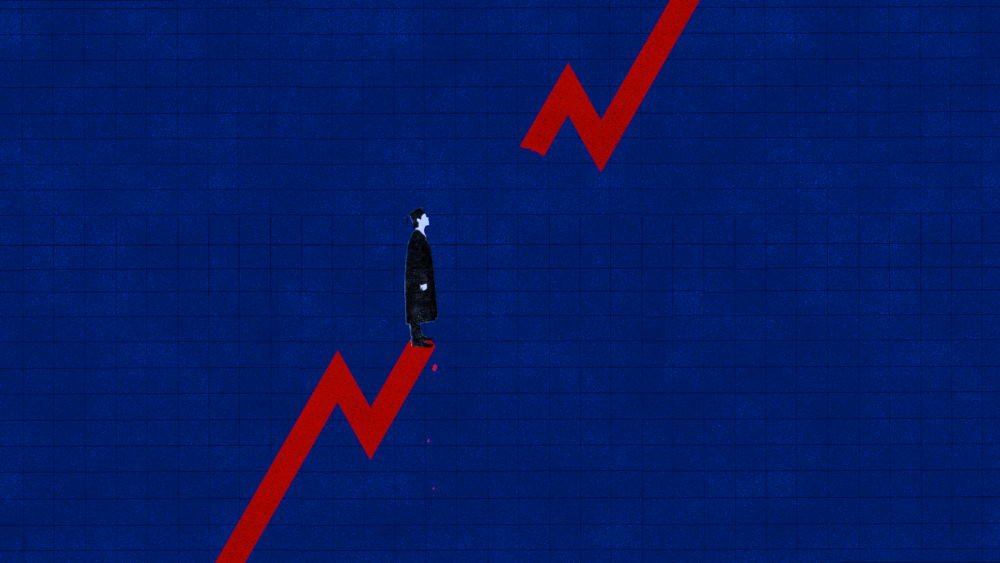
Have you ever wondered how the different schools of economic thought have shaped and continue to shape our world? From Keynesian economics to Austrian economics, these various theories have influenced everything from government policy to how businesses operate. This blog post will take a closer look at the different schools of economic thought and how they’ve impacted our world. So whether you’re a student of economics or just curious about how economists view the world, this blog post is for you!
Essential schools of economic thought for understanding modern economics
There are many different schools of economic thought, each with their own ideas and theories about how the economy works. Some of these schools are more influential than others, and their ideas have shaped our world in various ways.
Another significant school of economic thought is Marxist economics. This branch of economics, named after German philosopher Karl Marx, focuses on class conflict and the role of the government in promoting economic equality. Marxist economics has been influential in a number of socialist and communist countries, and its ideas continue to be relevant today.

Austrian economics is another school of thought with a significant impact on the world. This school, named after Austrian economists such as Ludwig von Mises and Friedrich Hayek, emphasizes free markets and individual liberty. Austrian economics was one of the driving forces behind the development of neoliberalism, an economic theory that has shaped global economic policy in recent decades.
There are many other schools of economic thought, each with their own unique perspectives on how the economy works. While some of these schools are more influential than others, all of them have contributed to our understanding of the economy and its impact on our world.
Applying the major schools of economic thought to the contemporary world
In the world today, there are a variety of different economic philosophies that guide nations and businesses. Each of these has its unique perspective on how best to produce and distribute goods and services to achieve prosperity. Here, we will look at some of the major schools of thought in economics and see how they apply to the real world.
The first school of thought is called classical economics. This approach is based on the ideas of Adam Smith, who is often considered the father of modern economics. Classical economics focuses on the role of market forces in determining prices and production levels. It also emphasizes the importance of competition to ensure efficient outcomes.
Applying these ideas to the world today, classical economics argue for a free market system in which businesses compete with each other to offer the best products and services at the lowest prices. This competition would help ensure that resources are used efficiently, and innovation is encouraged.
Another school of thought is called Keynesian economics. British economist John Maynard Keynes developed this approach. Keynesian economics focuses on the role of government in managing the economy. It argues that government intervention is necessary to stabilize prices and promote full employment.

Applying these ideas to today’s world, Keynesian economics argue for an active role for government in managing the economy. This could take the form of fiscal policy, which is when the government uses its power to tax and spend in order to influence economic activity. It could also take the form of monetary policy, which is when the government uses its power to control the money supply in order to influence inflation and interest rates.
A third school of thought is called Marxian economics. German economist Karl Marx developed this approach. Marxian economics focuses on labor’s role in producing goods and services. It argues that workers are exploited under capitalism and that they should overthrow the system in order to create a more just society.
Applying these ideas to the world today, we can see that Marxian economics would argue for a revolution in which workers take over the means of production and create a socialist society. This would be a society where the government would control the economy, and there would be no private ownership of businesses.
Each of these schools of thought has its own perspective on how best to manage the economy. As you can see, they all have different ideas about what role the government should play. Ultimately, it is up to each nation to decide which approach is best for them.

